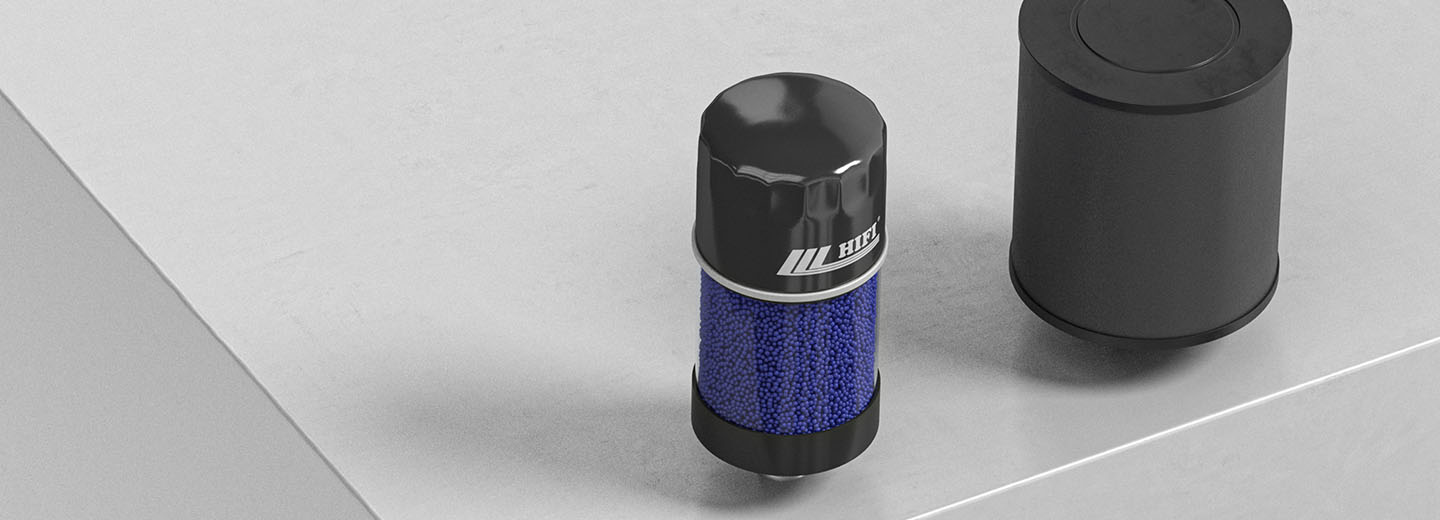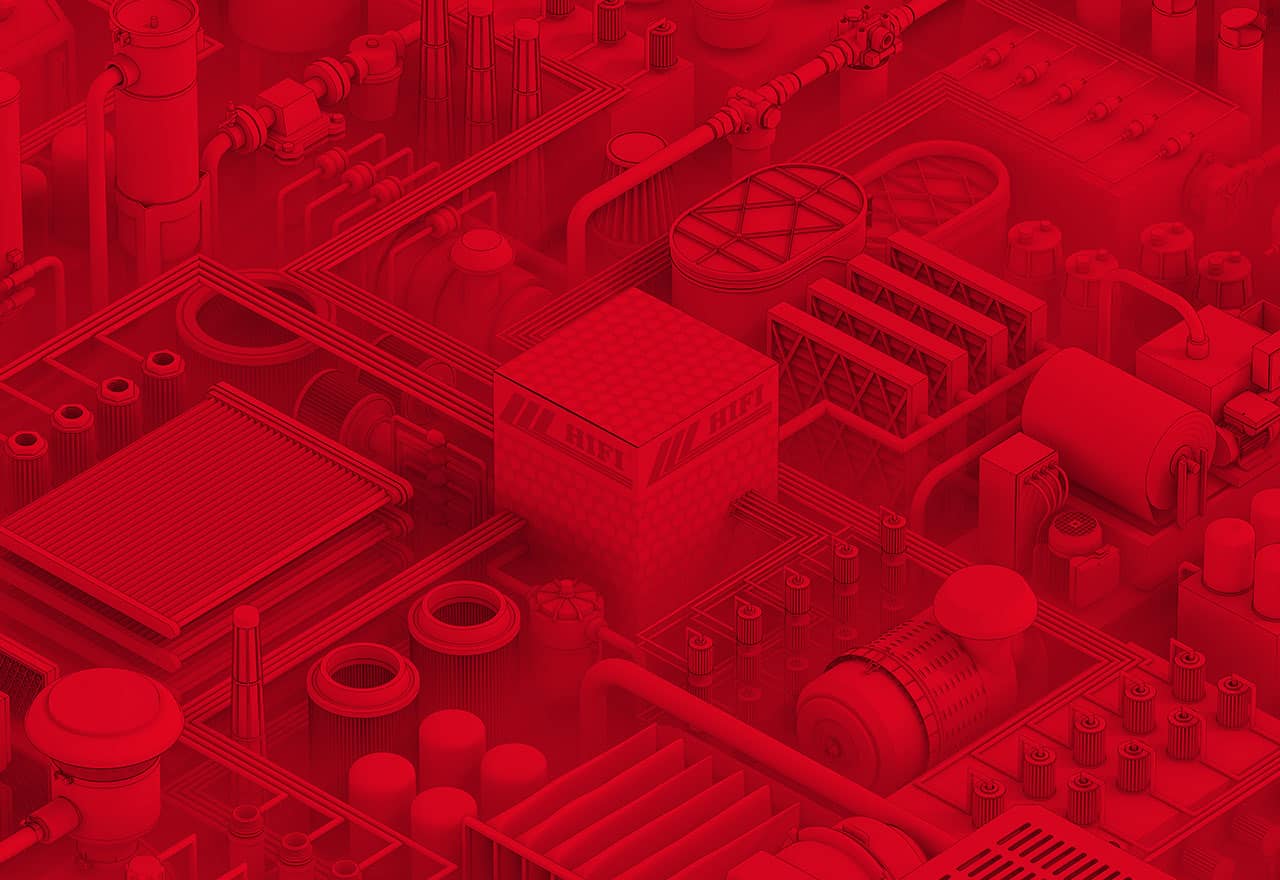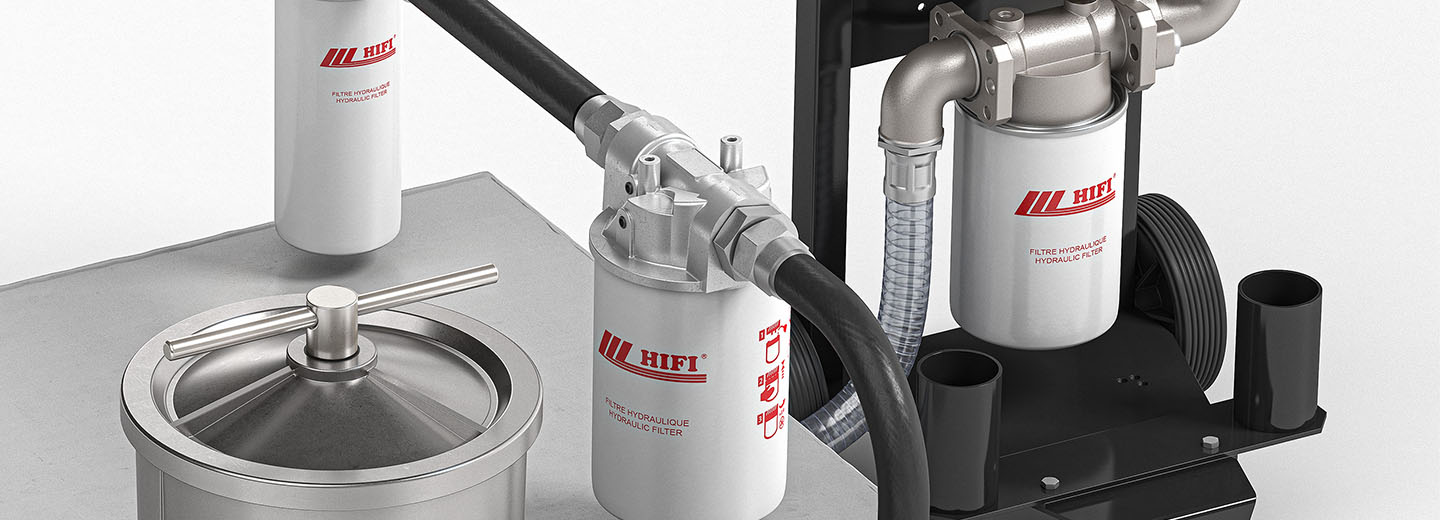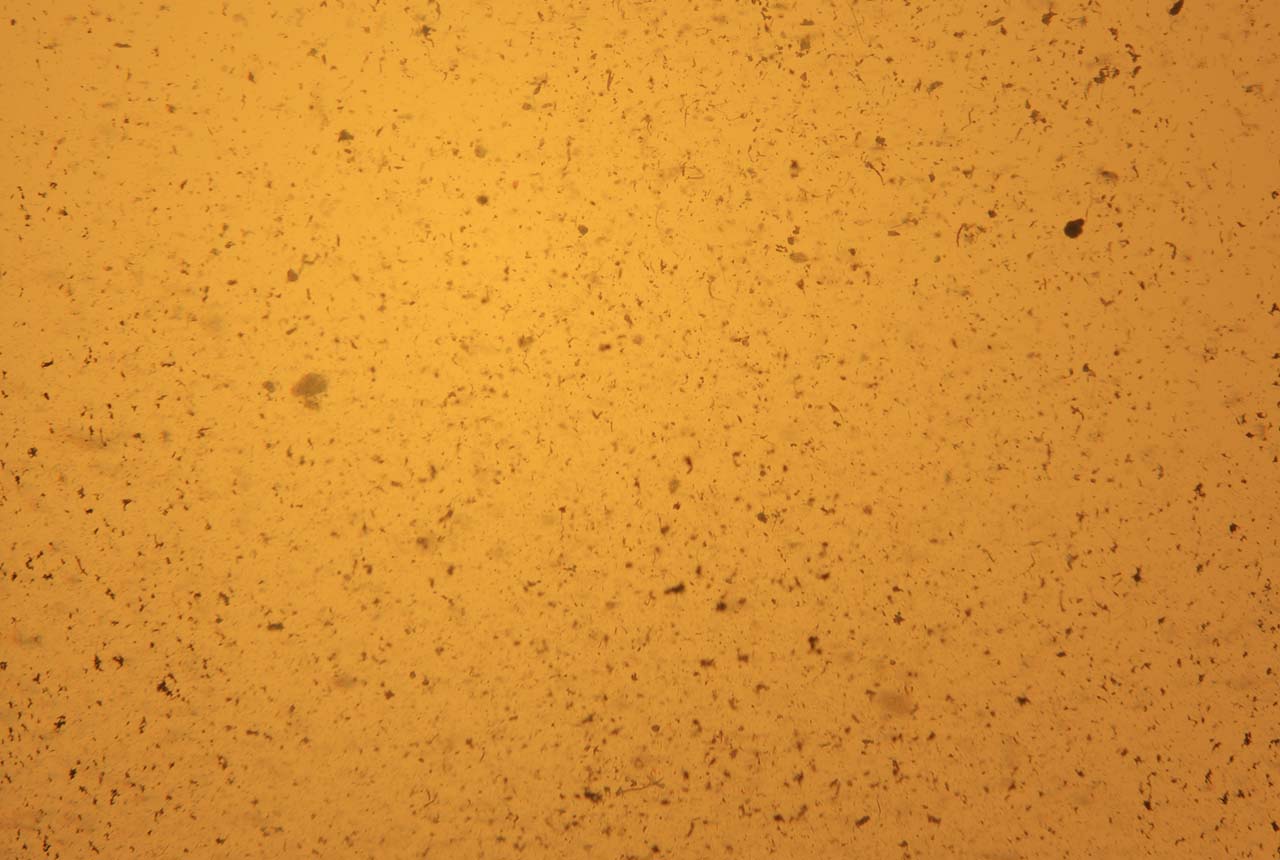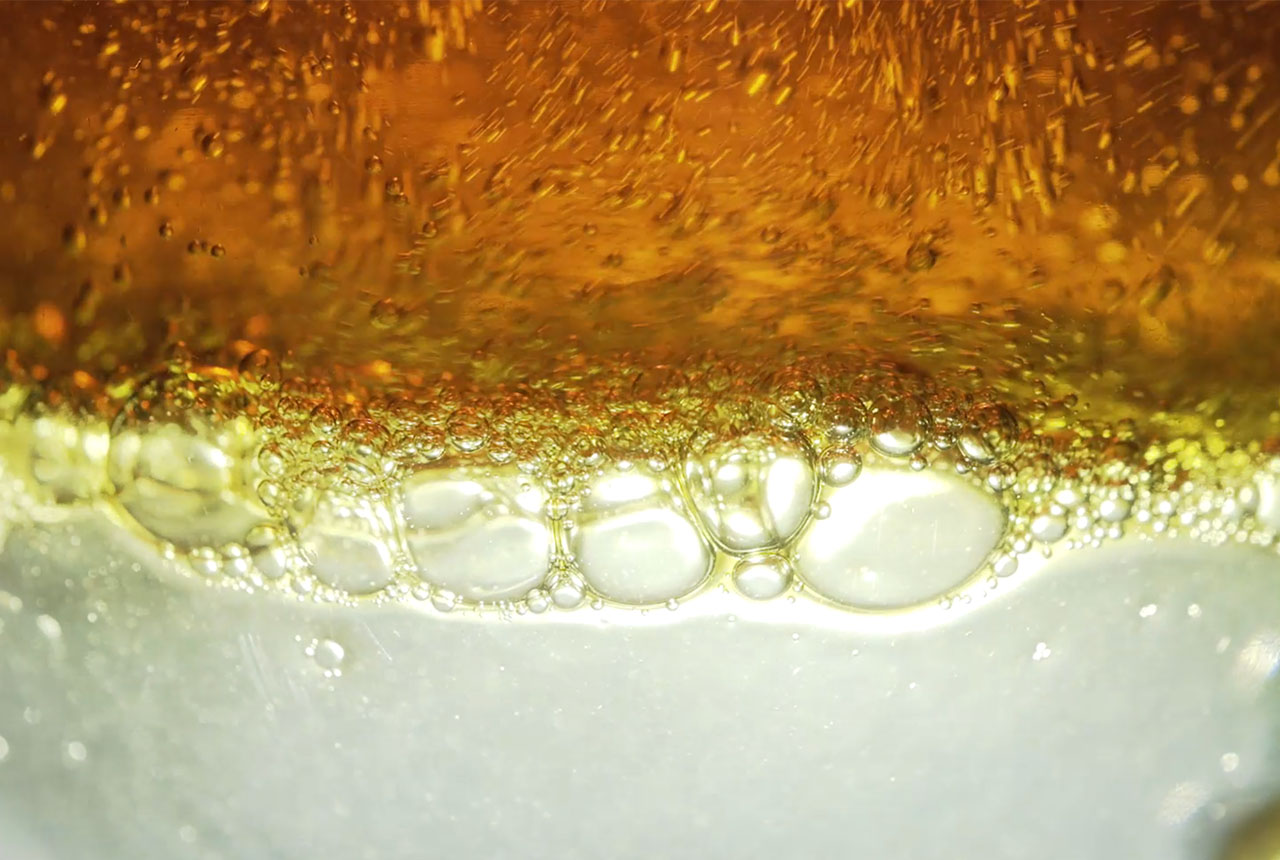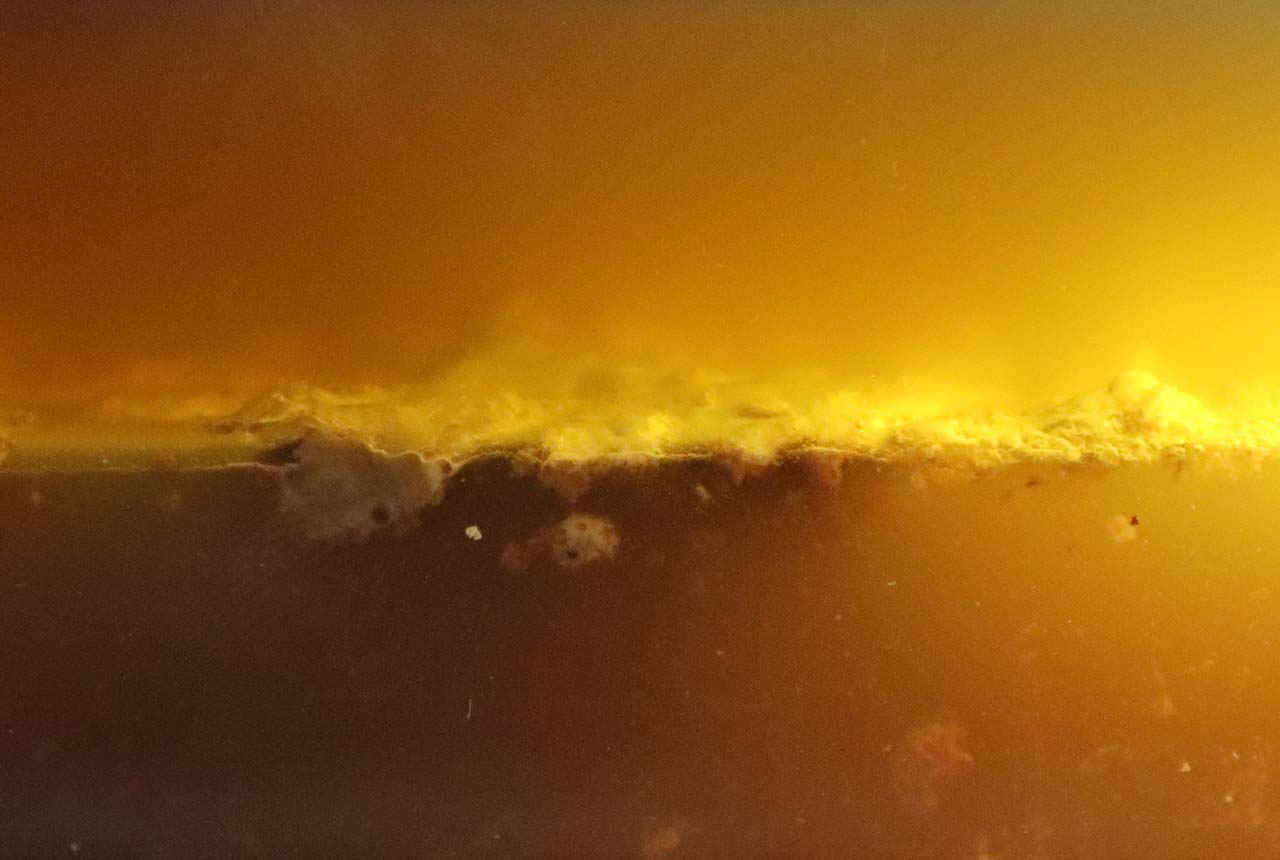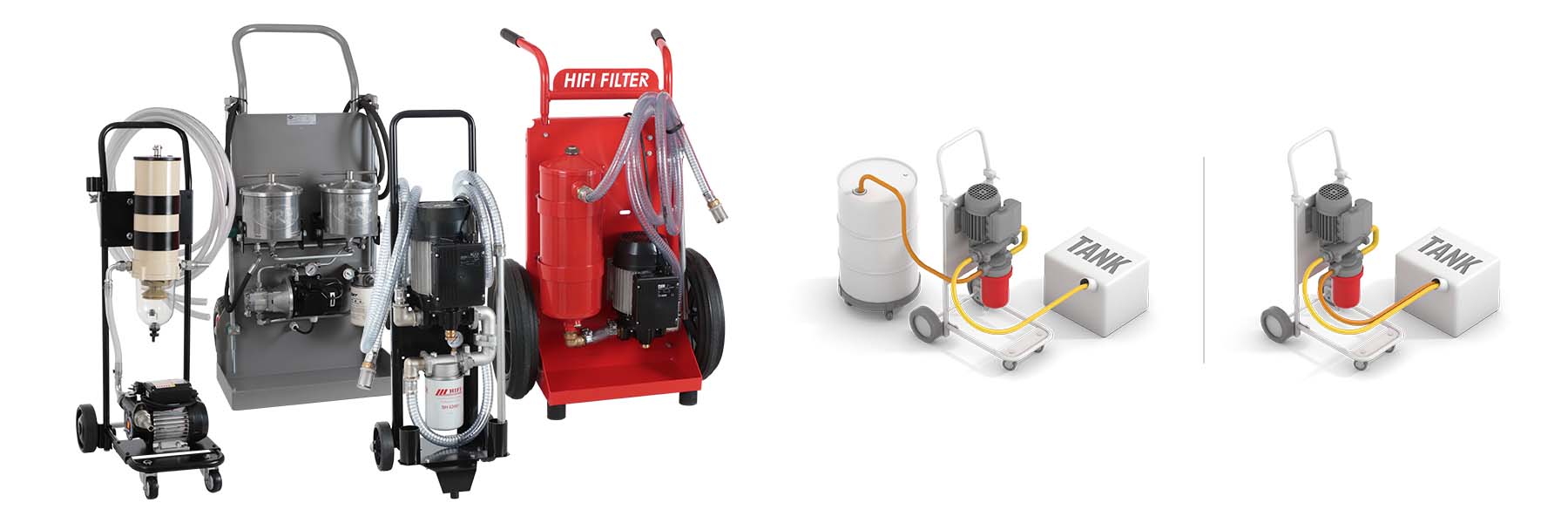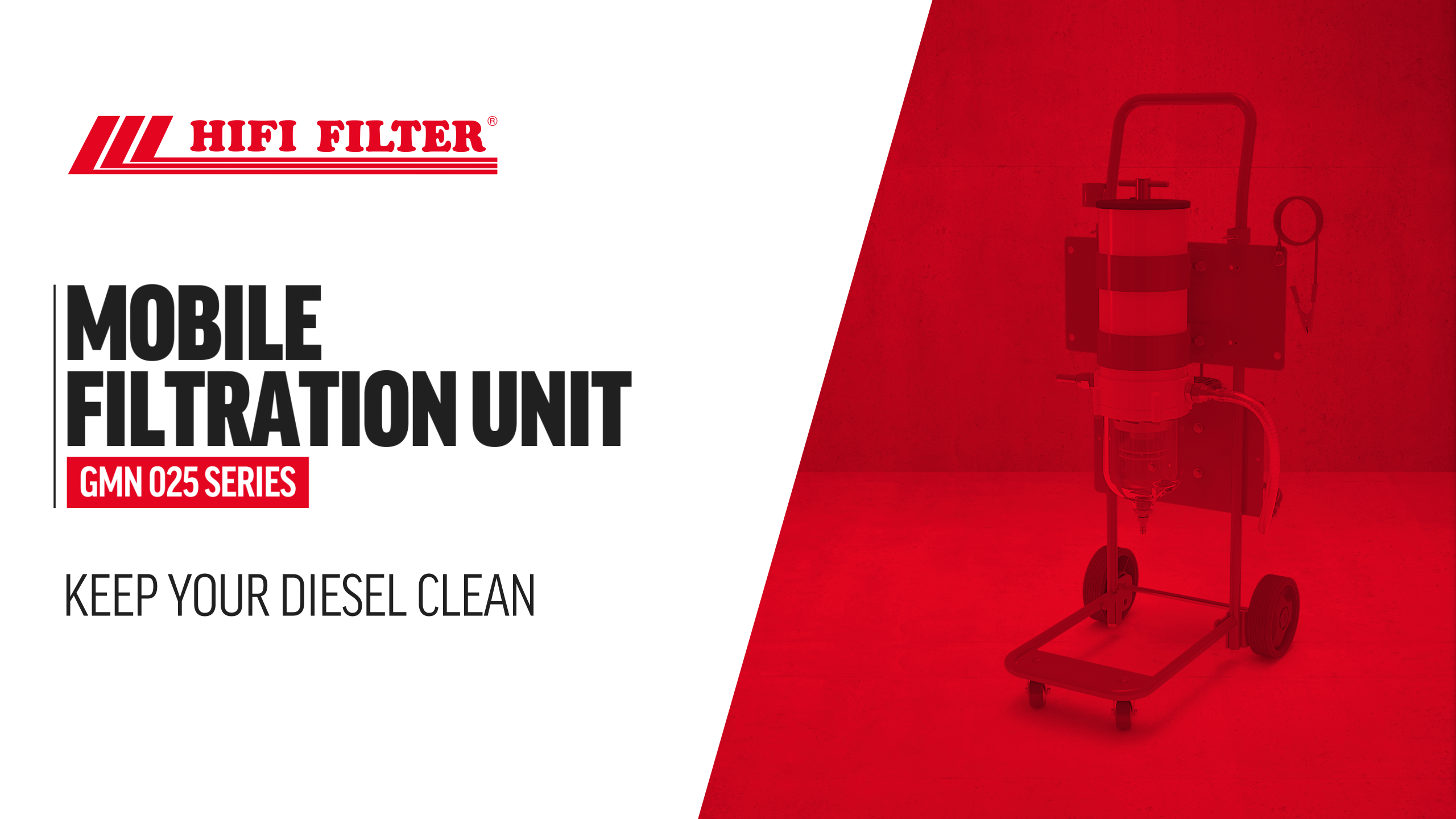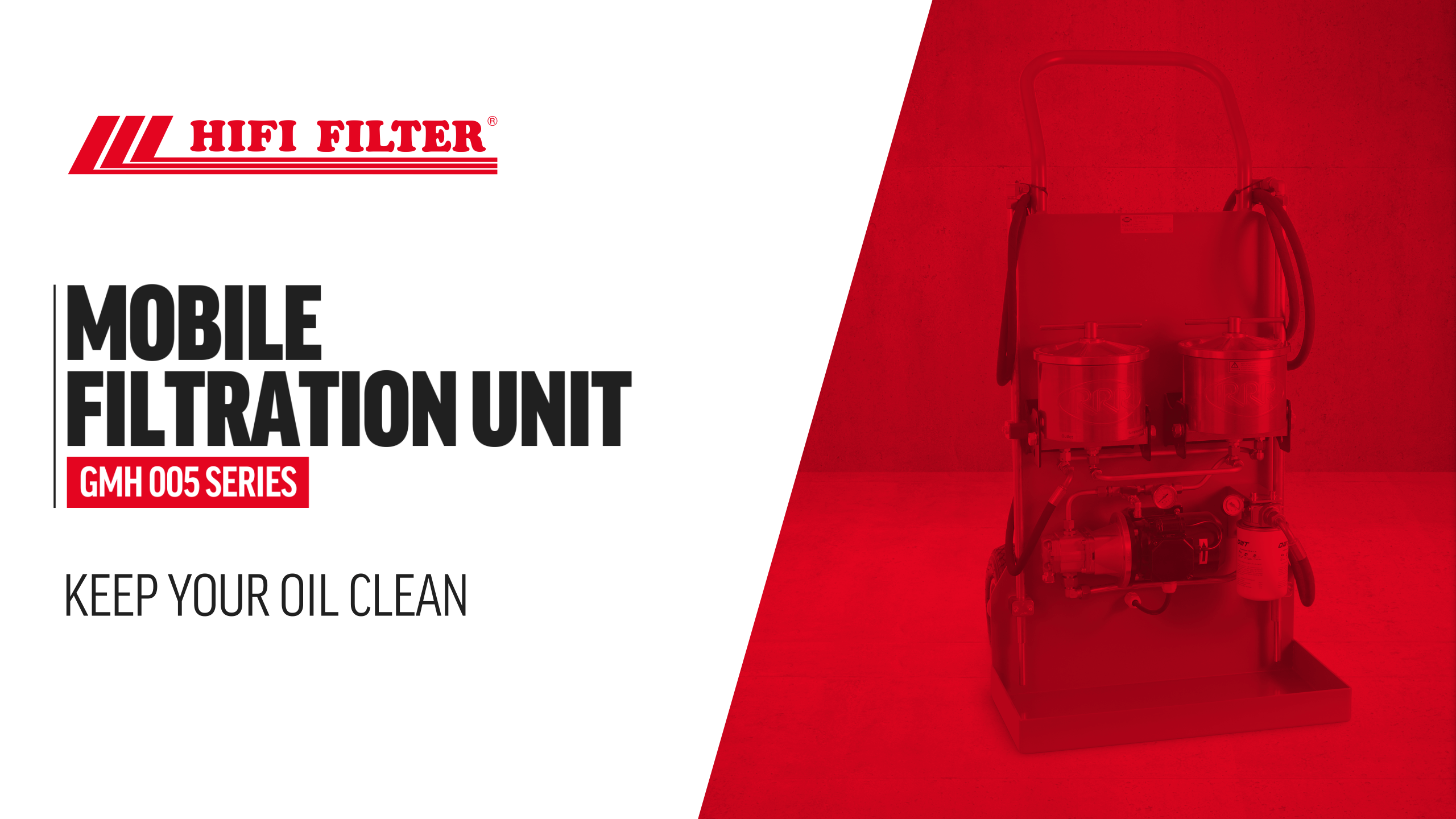- ✔️EXTEND THE LIFE CYCLE OF FLUIDS
According to the manufacturers, a fluid has a limited period of use. However, once this period is reached, the fluid is not necessarily out of date. It may simply be contaminated. With HIFI FILTER® filtration solutions, you can thoroughly purify your fluids and reuse them up to 3 times longer (provided their chemical properties are still preserved).
Thanks to this prolonged use, you can space out your maintenance, reduce your fluid purchases and limit your environmental impact.- ✔️MAXIMISING MACHINE LIFE
Standard filtration on production machines is designed to protect components and reduce overall system wear.
Adopting a higher filtration fineness gives you increased protection and increased profitability.- ✔️REDUCE THE RISK OF FAILURE
With better control of fluid contamination levels, breakdowns caused by component failure are reduced and your maintenance costs drop. As a result, equipment availability and production yields increase.
